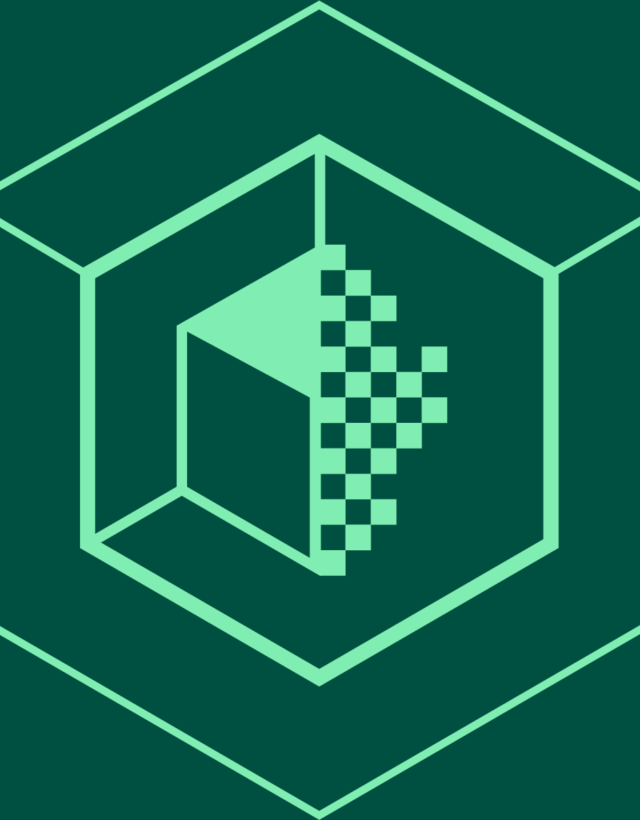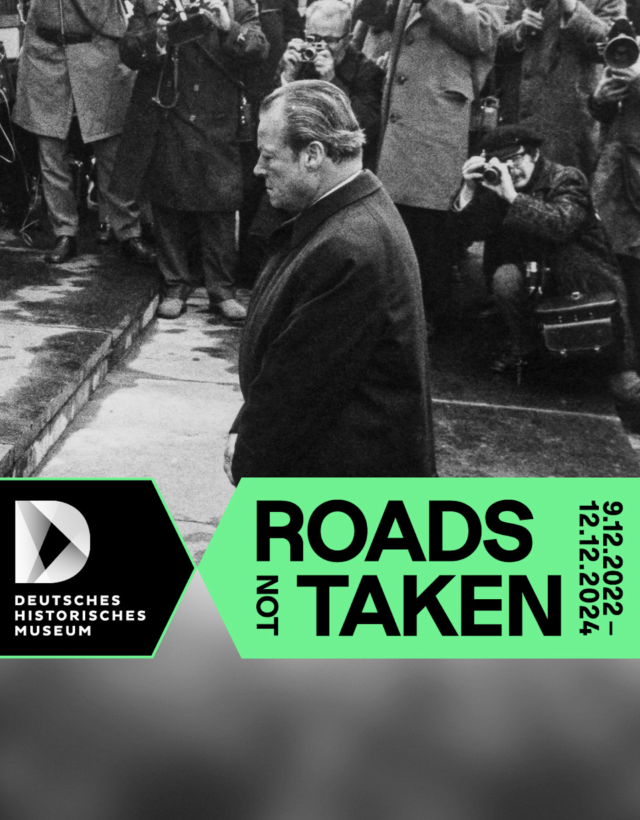Comment sections and Facebook profiles (partly also Twitter profiles) of the following media: BBC, Daily Express, Daily Mail, Daily Mirror, Financial Times, The Guardian, The Independent, Metro, The Spectator, The Sun, The Sunday Times, The Telegraph, The Times; La Croix, L’Express, Le Figaro, Les Inrockuptibles, Libération, Marianne, Médiapart, Le Monde, Le Nouvel Observateur, Numerama, Le Parisien, Le Point, Valeurs Actuelles, 20 Minutes; Bild, FAZ, Focus, n-tv, rp-online, Der Spiegel, Süddeutsche Zeitung, taz, Die Welt, Die Zeit.
Comment sections and Facebook profiles (partly also Twitter profiles) of the following media: BBC, Daily Express, Daily Mail, Daily Mirror, Financial Times, The Guardian, The Independent, Metro, The Spectator, The Sun, The Sunday Times, The Telegraph, The Times; La Croix, L’Express, Le Figaro, Les Inrockuptibles, Libération, Marianne, Médiapart, Le Monde, Le Nouvel Observateur, Numerama, Le Parisien, Le Point, Valeurs Actuelles, 20 Minutes; Bild, FAZ, Focus, n-tv, rp-online, Der Spiegel, Süddeutsche Zeitung, taz, Die Welt, Die Zeit.
For the current data collection, the transnational team of researchers of the project, funded by the Alfred Landecker Foundation, examined a total of more than 15,000 online comments. The focus of the "Decoding Antisemitism" analysis was, in particular on Facebook comments on the reporting of British, German and French mainstream media1 on the following events:
- The escalation of the Arab-Israeli conflict in May 2021.
- The vaccination launch in Israel, linked to allegations that Palestinians were being excluded from the vaccination campaign.
- The allegations of Antisemitism against three prominent figures, each of national significance: David Miller in the UK, Dieudonné M'bala in France and Hans-Georg Maaßen in Germany.
In particular, the escalation of the Israeli-Arab conflict in May 2021 triggered a wave of hatred: For example, more than one in four comments under article postings of British media showed explicit or implicit Antisemitism. The extent of the issue differed significantly in the three study countries Germany, Great Britain and France as a whole:
- 12.6 % of French
- 13.6% of German
- 26.9 % of the British
comments in the context of the escalation in the Middle East were antisemitic.
Automated content moderation does not detect implicit Antisemitism
Although social networks are under increasing pressure to remove hate comments and Antisemitism from their platforms quickly and reliably, they only fulfil this task to a limited extent. Especially implicit Antisemitism by means of hidden codes which are difficult to identify by content moderation systems.
For example, this user comment in relation to the Corona vaccination: "And it used to be the star...". Here, a historical comparison is indirectly drawn that relativizes the extent of Nazi crimes, which can be classified as a form of secondary Antisemitism after 1945.
The aim of the project "Decoding Antisemitism" is to teach an Artificial Intelligence (AI) to recognize these examples of implicit hate speech. The collected data from the recently examined comments serve as training material. "Language is constantly changing. This development has been accelerated by the interactive web. Based on extensive and continuously expanded detailed analyses of antisemitic texts, the AI will be enabled to independently detect this change in language."
The ultimate aim of the project is to create an open-access tool that will transparently demonstrate the possibilities and limitations of AI-based moderation, provide incentives for its improvement and be available to the content management of platforms or news websites.
The Alfred Landecker Foundation is funding the three-year project "Decoding Antisemitism", which is being realized by the Centre for Antisemitism Research at the Technical University of Berlin in cooperation with King's College London. The next Discourse Report will be published in early 2022.
You can download the complete second Discourse Report here.


